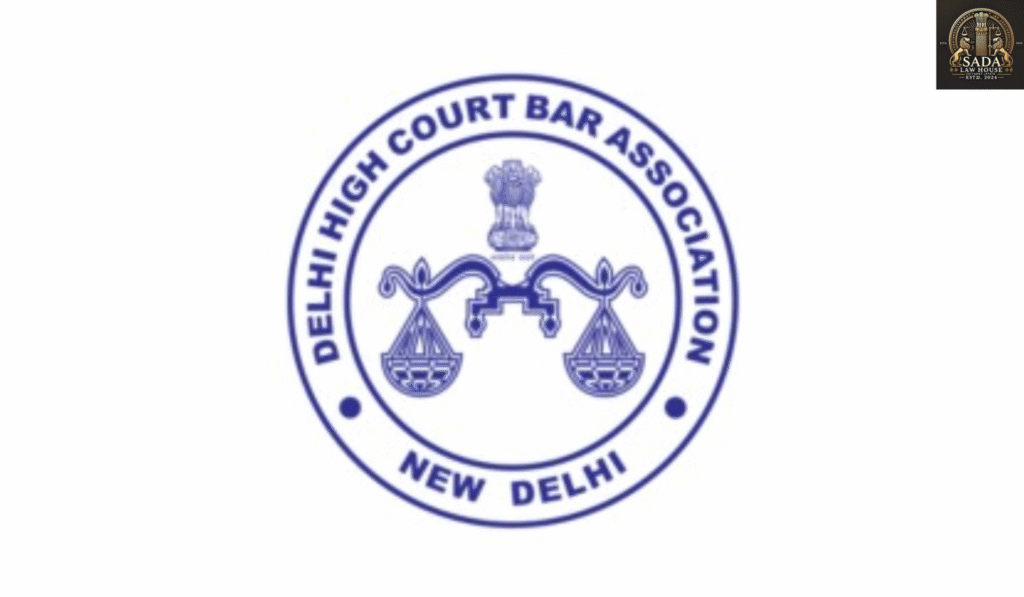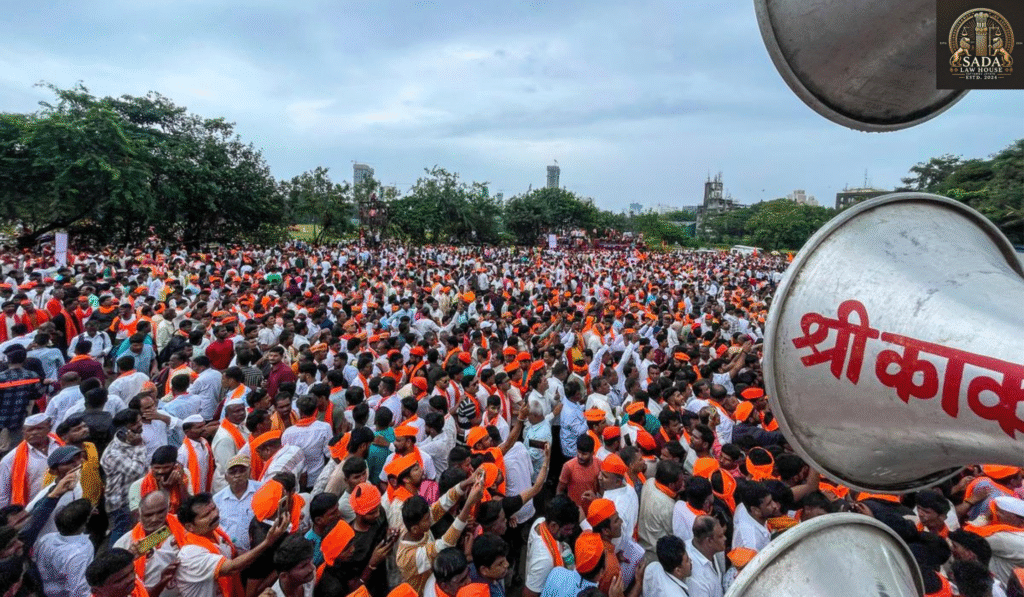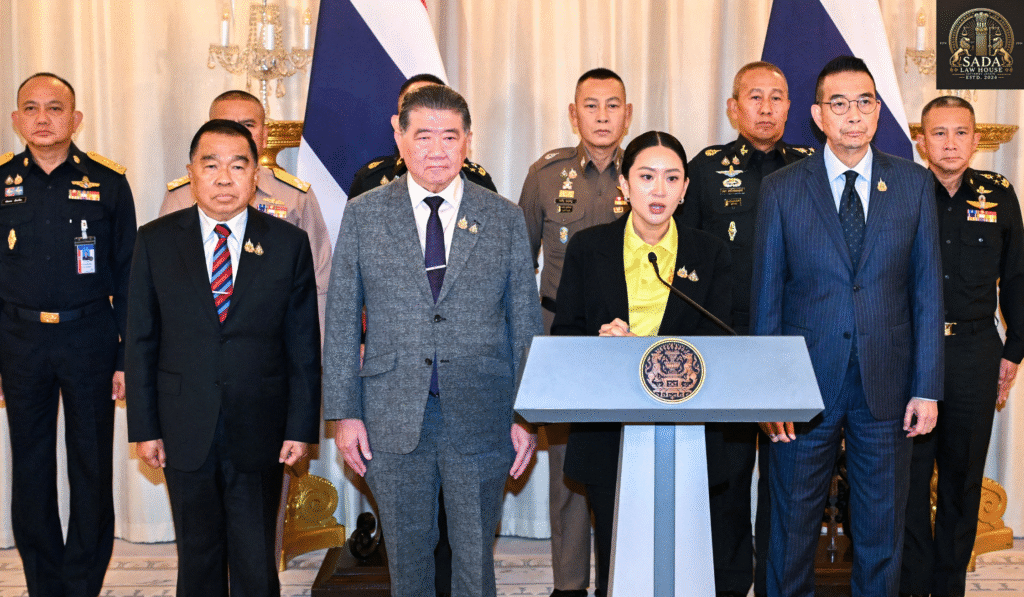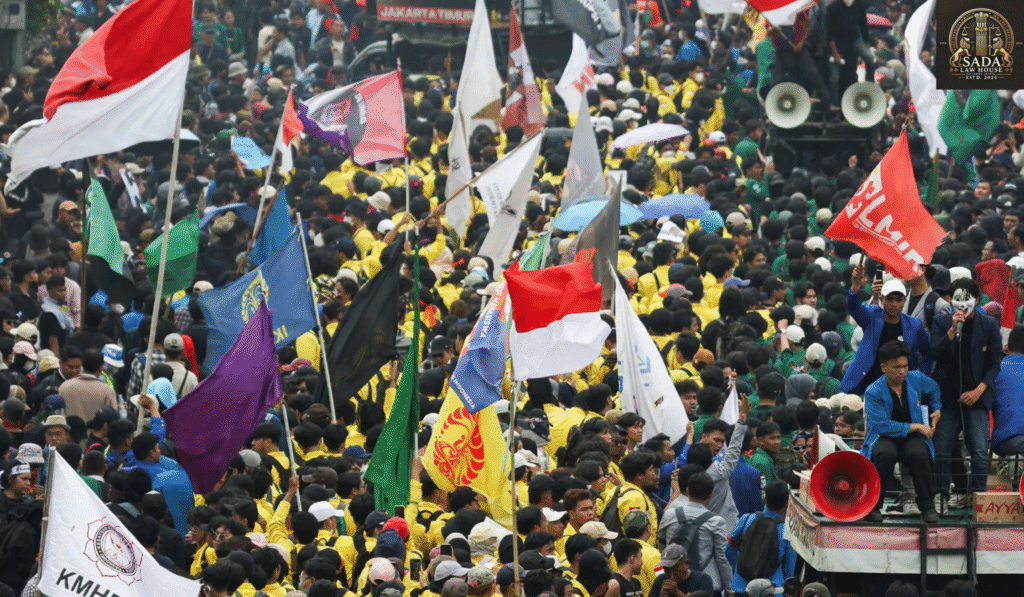Trending Today Bombay High Court Pulls Up Maratha Quota Protestors for Citywide Disruption Thailand’s Political Thaw Hinges on People’s Party Decision Amid PM Uncertainty China and Russia Tout “Global South” Security Order at SCO Summit in Tianjin SC Calls SIR Confusion a “Trust Deficit”; EC: Objections Accepted After Deadline “Hydrogen Bomb Ahead”: Rahul Gandhi Vows Exposure of Massive Vote Theft Supreme Court Seeks Centre’s Reply to Tamil Nadu Plea on EWS Quota Reimbursements System that lets rapists walk free: Supreme Court Restores Conviction of Men Who Raped 12-Year-Old Supreme Court Calls for Paralegal Volunteers to Assist Voters in Bihar SIR Exercise LEGAL INTERNSHIP OPPORTUNITY AT CYRALAW LEGAL JOB OPPORTUNITY AT CENTRE FOR CIVIL SOCIETY Bombay High Court Pulls Up Maratha Quota Protestors for Citywide Disruption Kashak Agarwala 01 SEPTEMBER 2025 Introduction The Bombay High Court on Monday came down strongly against the ongoing Maratha quota protests led by activist Manoj Jarange Patil, directing demonstrators to vacate Mumbai’s public roads by Tuesday noon. The Court observed that the agitation had crossed legal boundaries, paralysing South Mumbai and disrupting civic life during the festive season. [Amy Foundation v State of Maharashtra] Background & Context On August 26, the Court allowed protests only at Azad Maidan with prior police clearance. On August 27, permissions capped the gathering at 5,000 participants, limited from 9 AM to 6 PM, valid till August 29. Despite this, protestors occupied multiple key areas: CSMT, Marine Drive, Flora Fountain, Mantralaya, Oval Maidan, and even blocked access to the High Court itself. Violations of Earlier Orders Media reports and photographs showed protestors cooking, bathing, and playing games such as kabaddi and tug-of-war on public roads. The Bench of Justice Ravindra Ghuge and Justice Gautam Ankhad criticized organisers for openly defying restrictions. The judges remarked:“They are right outside the High Court, blocking entry to lawyers and judges. You even boasted that more people will come. How do we deal with someone who refuses to obey the law?” State’s Stand Advocate General Birendra Saraf, representing the State, said the agitation crippled schools and colleges around Fort and Azad Maidan. He confirmed that violation notices were issued on August 31, though protestors refused to accept them. Saraf maintained that adequate facilities for toilets and food had been arranged, rejecting claims that poor conditions forced protestors onto the roads. Protestors’ Response Counsel for protestors admitted that roads were occupied but sought leniency for the overwhelming number of participants. He argued that many demonstrators acted independently, beyond Jarange’s control. Jarange himself has been on a hunger strike since August 29, demanding 10% OBC reservation for Marathas as Kunbis. Court’s Directions The High Court issued the following orders: All protestors, except those at Azad Maidan, must vacate public areas by Tuesday noon. The State must block entry of new protestors into the city until further orders. Food and medical aid must continue for demonstrators at Azad Maidan. Medical assistance must be provided to Jarange if his health worsens. Conclusion The Bench stressed that the Maratha quota agitation had crossed permissible bounds of dissent, disrupting public order and court functioning. Urging compliance, the judges concluded:“We hope and trust that good counsel will prevail upon the protestors and they will obey the directions of this Court.” Leave a Reply Cancel Reply Logged in as Sada Law. Edit your profile. Log out? Required fields are marked * Message* Live Cases Bombay High Court Pulls Up Maratha Quota Protestors for Citywide Disruption Sada Law • September 3, 2025 • Live cases • No Comments Thailand’s Political Thaw Hinges on People’s Party Decision Amid PM Uncertainty Sada Law • September 3, 2025 • Live cases • No Comments China and Russia Tout “Global South” Security Order at SCO Summit in Tianjin Sada Law • September 3, 2025 • Live cases • No Comments 1 2 3 … 5 Next »








